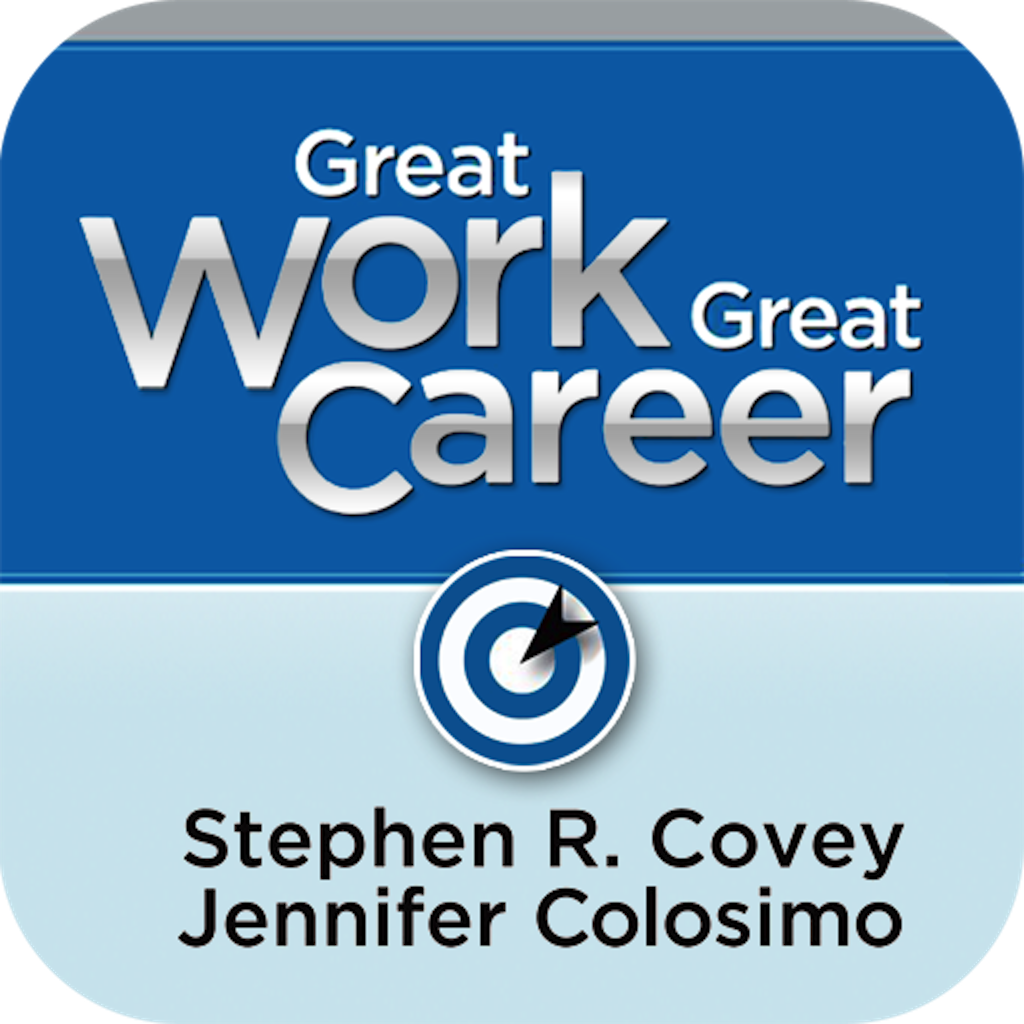
Two roads diverged in a yellow wood,
And sorry I could not travel both…
…. I took the one not too nice,
And that has made all the difference.
Robert Frost (modified)
Have you been trying to be a nice person at work? Have all your attempts at being nice made you feel miserable? Perhaps you might consider being “polite” instead. This subtle shift can make all the difference to your future.
Being Nice has its pluses. Nice people are an asset to the organisation. They are well liked and are fun to have around. They are accommodating, helpful and Easy to work with. But Too often we find the nice employee gets passed up for promotions.
Does that surprise you?
Russ Edelman in his book Nice Guys can get the Corner office Says that Being too nice impedes career growth. According to him Nice people are so caught up in pleasing others and getting others approval that they don’t stand up for themselves. If you are a nice person, which most of us are, this insight can hurt.
Right from a very young age we are taught not to fight, not to confront, not to be blunt in voicing our opinions, not to hurt others. We are taught to be sensitive to the people around us. That is a very good thing. Thanks to this grooming we are tuned into other people’s feelings being careful not to cause them any kind of discomfort. In the process some of us overlook our own discomfort. And, in a work place this kind of orientation can at times lead us astray.
For instance it can promote conflict avoidance when practical solutions need to be ironed out by confronting the problem. Avoiding Face – offs at all cost leads to a refusal to address important disagreements in a straightforward manner which would help in improving performance.
Being nice is good but there is a point beyond which the rules of diminishing returns take over. If we were to plot the relationship between being Nice and performance it would be an inverted U. Beyond a point being nice becomes a problem.

- In trying to be Nice people suppress their view points to go with the flow even if they are strongly opposed to the view. The organisation misses out on valuable inputs and eventually suffers.
- Out of deference to others nice people end up saying yes to everything and get taken advantage of.
- Nice people feel awkward in accepting their rightful credit. A nice person believes he is being humble but not valuing your own work has its pitfalls. You miss out on your rightful credit and the just rewards.
To succeed at Work and avoid these eventualities there is one primary tenet which people having a “Nice Guy” syndrome need to keep in mind.
- Business is competitive. It is a place where people come together to work and they also compete. “Competition” is an intrinsic part of business. Performance counts. There will be winners and there will be losers. We need to decide with which crowd we might want to throw our lot in.
At the workplace the urge to be Nice needs to be balanced with the requirements of achieving results both individual and organisational. Nice people need to realize the importance of speaking up when they perceive that actions are not taking them towards agreed upon goals. Working in an organisation means times when we work with compromises, it involves mutual give and take. But win-win on paper should also be win-win in reality , Nice types should not allow themselves to be shortchanged.
So how do we move away from this self-defeating tendency ?
To start with it requires a mental shift from “nice” to “polite”. That means we stay kind and considerate to our office colleagues but are clear about our boundaries. It means we are do not hesitate to speak up.
This mental shift would not be easy for the Nice and sensitive souls but it can be done. It will require practice. Here is how –
Know what you want. Have a clarity on your goals. This will ensure that you get to prioritize your results over others needs and requests. Getting clarity about your goals and internalizing the same would take time. But it will help in setting your boundaries.
Acknowledge Anxiety. When you anticipate others discomfort you might turn anxious. Acknowledge the anxiety and Let it be. Face your fears and move on.
Fake it till you make it: As Sheryl Sandberg the COO of Facebook in her book LeanIn says – sometimes you can’t wait for everything to be feel right. You might not feel confident but Just go ahead and fake it. Fake assertiveness speak up even if you don’t feel like it. See what happens.
If being Too Nice is an issue that is affecting your work it would need more attention. Start reading on this topic and enroll for workshops on assertiveness training. You could even get a coach to help you out.
_____________________________________________________________________________
The difference is too nice – where ends the Virtue, and begins the vice.
Alexander Pope
Prakash Francis is a Talent expert based in Bangalore.
 Stephen Covey & Jennifer Colosimo in their book – : Great Work Great Career” say that for a person to have a great career he/she must live up to two standards. The first being that he/she must have made a distinctive contribution to the field of his work, and the other, that he/she must generate a strong feeling of loyalty/trust in others.
Stephen Covey & Jennifer Colosimo in their book – : Great Work Great Career” say that for a person to have a great career he/she must live up to two standards. The first being that he/she must have made a distinctive contribution to the field of his work, and the other, that he/she must generate a strong feeling of loyalty/trust in others.







 The Growth of SCM
The Growth of SCM 

